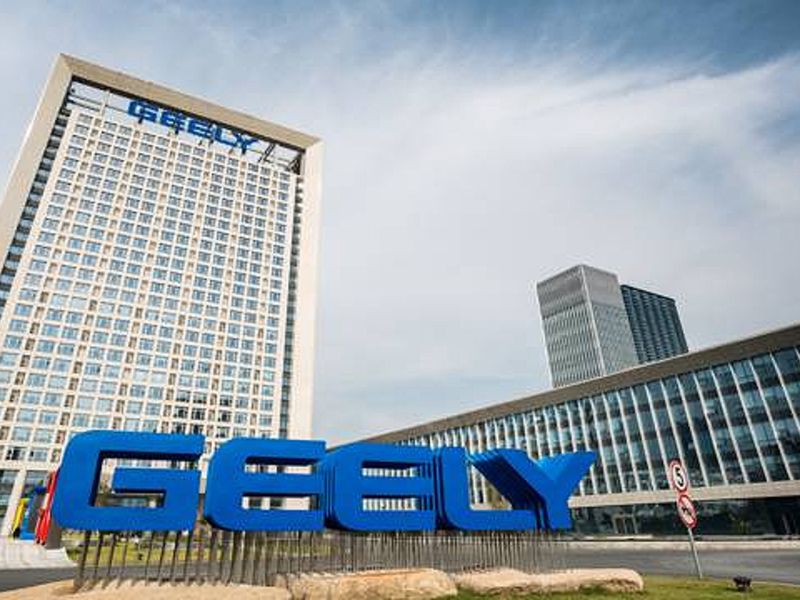
SHANGHAI – Zhejiang Geely Holding Group in January signed an agreement with Foxconn Technology Group, the Taiwanese contract manufacturer for Apple’s iPhones, to offer production services for other automakers.
Why does the largest private Chinese carmaker want to dabble as a contract manufacturer?
Geely has declined to comment on the primary motivation to secure the joint venture pact: It needs to make good use of the huge factory capacity it has built in China.
Geely has executed an aggressive expansion in recent years. It used to be hard to determine just how much capacity it had built. Yet new details surfaced in September when the company sought to issue shares on the Shanghai Stock Exchange’s NASDAQ-like Star market.
According to the application, Geely had 11 assembly plants across China, as of June 2020, with total annual capacity of 2.1 million.
But the company’s capacity utilization rate declined consistently in the three years prior to 2020: It fell to 59 percent in 2019, from 78 percent in 2018 and 85 percent in 2017.
The main factor driving the lower capacity utilization was the opening of three plants in 2018, which combined can assembly up to 690,000 vehicles a year, Geely said in the application.
Geely’s factory utilization slipped to 45 percent in the first half of 2020 as the coronavirus outbreak upended production, according to the application.
Geely hasn’t disclosed capacity utilization for all of 2020.
As sales began recovering in the second quarter of 2020, along with the rebound of the overall market, Geely’s 2020 utilization rate must be higher than it was in first half of the year.
But given the company’s 2020 sales fell 3 percent to 1.32 million, there is good reason to believe its capacity utilization fell short of its 2019 ratio of 59 percent.
While operating well below factory capacity, Geely remains in an expansion mode.
The company is about to open a vehicle assembly plant in the northwest China city of Xi’an. Wooed by the local government, it will also build a factory on the site of defunct small domestic carmaker Lifan Motors in the southwest China municipality of Chongqing.
The relentless expansion means Geely faces a pressing need to make better use of its factory footprint.
That’s where contract manufacturing comes in.
In late January, the Geely-Foxconn partnership secured its first client — Faraday Future. The Los Angeles electric-vehicle startup, founded by Chinese entrepreneur Jia Yueting, is looking to build cars in the south China city of Zhuhai.
Chinese media such as Beijing-based Caijing magazine believes the joint venture is likely to produce smart EVs for Apple.
That is a prospect Geely savors. For the largest private Chinese carmaker, the more clients it can secure for contract manufacturing, the sooner it can absorb its glut of production capacity.

